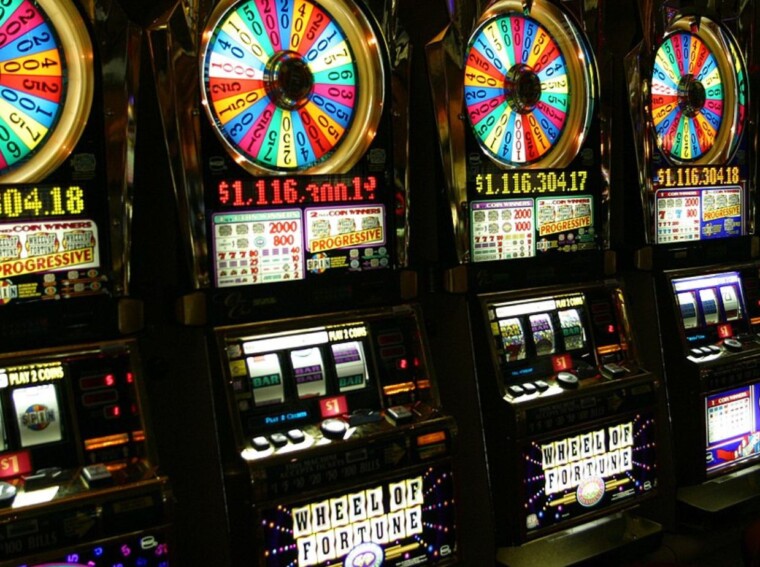The dispute about loot boxes being a gambling case is striking the internet again. Despite previous debates and settlements on each side, it still seems to be a looming subject for many, especially for online gaming developers. According to gamers, this gaming feature seems tricky as they are being forced to gamble while enjoying games.
In simple terms, loot boxes are digital items that contain a good number of rewards. It is presented in games with the motive that players/gamers use real money or in-game money to open these boxes.
Unlike actual casino games, where you can collect rewards and have signup bonuses, like at OC88 Casino, you never know what to expect in games that feature loot boxes.
This is the basic foundation of the controversy that loot boxes may be a form of gambling. Continue reading this article as we delve into this debate from different perspectives and what the experts are saying.
Understanding Loot Boxes: What Are They?
Loot boxes are digital grab items in video games that contain a range of rewarding items for players. It mainly involves players using in-game currency to purchase them or at least earn them by completing tasks. In case you don’t know, the idea of giving random awards has been a part of video gaming for a long time. However, its new tides of operation have been a subject of debate.
Are Loot Boxes Gambling or Similar to Gambling? The Debates by Experts
There have been a lot of debates on whether loot boxes are gambling or similar to gambling of any sort. Though its main form of operation seems like gambling, it still differs from it. The following are some popular “Loot Box Is Gambling or Not” debates featuring certain standpoints, including:
● Psychological and Behavioral
● Legal
● Economic and Industrial
● Academic Consensus
Psychological and Behavioral Standpoints
Based on psychological and behavioral standpoints, loot boxes are undoubtedly a sort of gambling entertainment. Several studies have been carried out, and many argue that this video game content offers random awards that trigger certain psychological behaviors like gambling.

In addition, it was also pointed out that the excitement of opening these boxes can contribute to addictive behaviors. Dr Luke Clark, a psychologist, also added that the similarities between gambling and loot boxes make it a source of harm. He also pointed out that children and adolescents with impulsive minds stand at risk of this gambling-related topic.
From the Perspective of Legal Framework
With the legal framework, there has been a biased judgment that loot boxes are gambling. The major argument from this perspective states that this gaming content can escape the allegations of gambling. This is evident in several jurisdictions where gambling laws only focus on real money gains. It declares that so far, the loot box adventure does not involve any real-time money; it is clear of charges. However, in several regions, including Belgium and the Netherlands, some of the gambling rules indicate that loot boxes are indeed betting. It was clear that since this gaming content has an element of chance and potential for financial gains, it is betting. Whether directly or indirectly, several other countries label loot boxes as a form of betting for this reason.
Economic and Industrial Observations
From the observations of economic and industrial experts, the idea of loot boxes is just a source of generating revenue streams. Many experts from this field believe that gaming content is purely a business motive that attracts and retains users. With this, they can stand out as a form of gambling.
On the other hand, we need to point out the negative impact loot boxes may pose to game-developing businesses. Experts declared that while this is a good lucrative option, it has the capability for these businesses to lose users’ trust. Not to mention, it has been the reason for several strict rules for game-developing brands.
Experts’ Viewpoint from the Academic Environment
The addictive aspects that prove that young adults and children can be affected psychologically by loot boxes strike a strong debate in the academic environment.

Like gambling, this gaming idea can be addictive. This alone empowers the debate against loot boxes, especially for young players, which drags the self-regulatory bodies of iGaming into question. Now, there is a broad consensus that pushes the need for regulation and education to protect consumers of all ages and races.
Conclusion: Weighing the Evidence
Despite the controversies with loot boxes, game developers are still making the gaming environment a lively option for players. While experts from certain fields prove that it truly does contain gambling-like elements, others believe it is just a business idea. Despite this, it is still advisable that careful regulations are put in place to make the iGaming space a better place.

